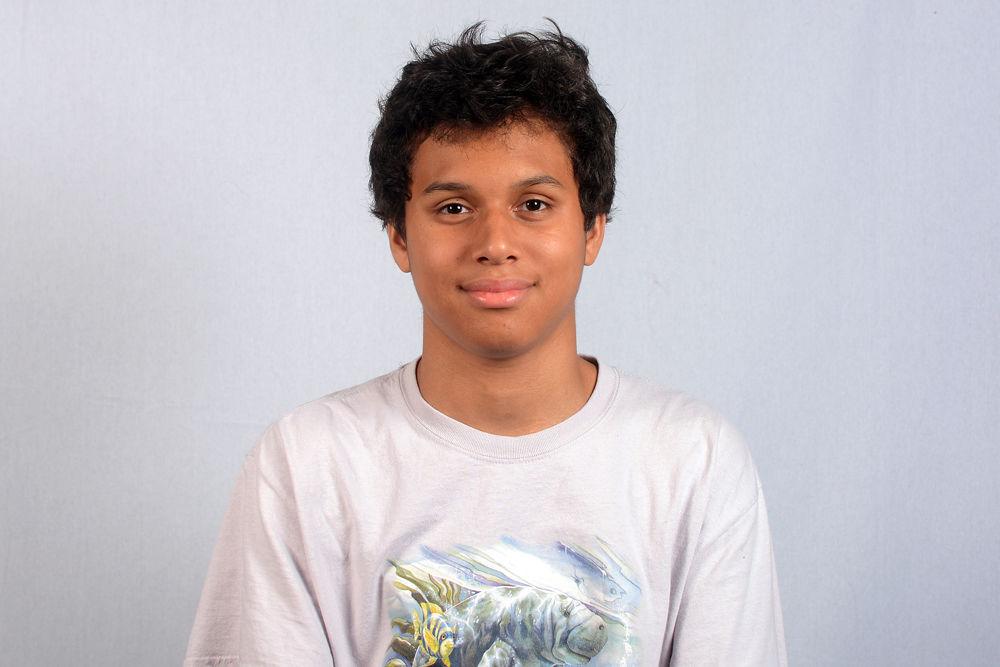This past week, there was a new college scandal. Instead of relating to an Affirmative Action lawsuit or celebrities buying their kids into college, this scandal revolves around Kyle Kashuv, a survivor of the Parkland shooting at Stoneman Douglas High School and a prominent conservative activist.
So, what happened? Well, earlier this week, several of Kashuv’s comments that were made two years ago have resurfaced online. These comments repeatedly use the n-word, including Kashuv referring another black student as a n*****jock.
Kashuv has since apologized for making those offensive remarks, but Harvard still rescinded his admission. This situation has caused a heated debate online on whether his acceptance to Harvard should have been revoked. It also shines light on the consequences of speech, an issue that NC State students and student hopefuls should take seriously.
There are many people that believe that rescinding Kashuv’s admission was too harsh. Erick Erickson, a conservative commentator, tweeted “The progressive black balling of Kyle Kashuv is a reminder that there’s no concept of grace in the secular religion.” Ben Shapiro, another famous conservative commentator, accused Harvard of setting “an insane, cruel standard no one can possibly meet.” However, I disagree with these statements. Not only is Harvard’s decision justified, but it also serves as a reminder to be careful what we post online.
When you get accepted into a college or employed for a job, not only are you representing yourself, but you are also representing your institution as well. If you display poor behavior in public or online, it also reflects badly on your college or job. As we all know, Harvard is a very prestigious college, with a 4.5% acceptance rate for the class of 2023, meaning they have high expectations for their students.
So when Harvard accepts a student who has exhibited poor behavior in the past, it reflects badly on them as well. After all, Kashuv isn’t the first student to have their admission rescinded from Harvard over offensive comments. Ten students from the class of 2021 had their admissions revoked over insensitive statements made on Facebook.
Kashuv has apologized and claimed he has learned from his mistakes, and many think that he should be forgiven and be readmitted back into Harvard. But what some people seem to forget is that forgiveness does not acquit someone from the consequences of their actions.
When I got into trouble as a child, I would always apologize, but I would still be grounded. The same philosophy still applies in situations like this. Part of being an adult is facing the consequences from your mistakes, and that is what Kashuv is currently learning.
Now, is Kashuv’s future career over? Is he “cancelled?” No. Kashuv was the high-school director for Turning Point USA and has lobbied for bills that advocate for school safety without gun control. With his impressive resume and high grades and test scores, it is very likely that he will be admitted to another college despite his past comments.
The important lesson we can learn from this whole situation is to be careful with what we post online, whether it is in a public or private forum. Although NC State may not be as prestigious as Harvard, we should still be careful what we share online. What we post on the internet can potentially cost us a college admission, internships or even a job. Remember, students, what we post online can also reflect poorly on NC State.














